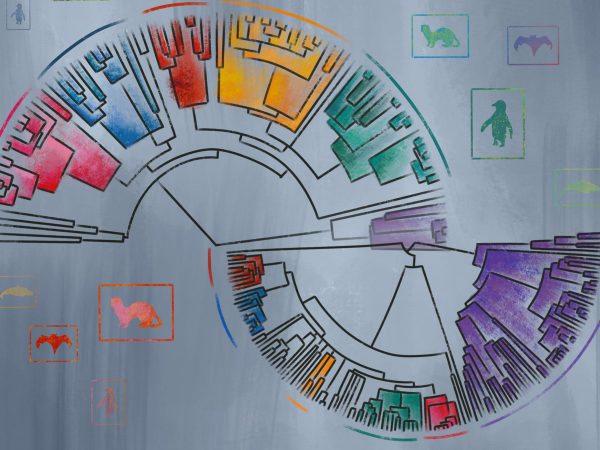Bladder Cancer

Bladder cancer is one of the 10 most common types of cancer in the United States. The National Cancer Institute estimates that 84,870 people in the United States will receive a diagnosis of cancer of the bladder in 2025. Furthermore, approximately 17,420 people are expected to die from the disease this year, according to the Surveillance, Epidemiology, and End Results (SEER) Program.
The good news is that 79 percent of people diagnosed with cancer of the bladder survive for at least five years after the diagnosis. The NCI estimates that more than 744,000 people in the United States are living with this type of cancer.
types of cancer
Cancer of the bladder occurs in three types, named for the kind of cells that become malignant.
- Transitional cell carcinoma is cancer that begins in cells in the innermost tissue layer of the bladder. These cells are able to stretch when the bladder is full and shrink when it is emptied. Most cancers of the bladder begin in the transitional cells.
- Squamous cell carcinoma is cancer that begins in the squamous cells. This type may form after long-term infection or irritation.
- Adenocarcinoma is cancer that begins in glandular (secretory) cells that are found in the lining of the bladder. This is a very rare type of cancer.
bladder cancer is more common among men than women
Men are more likely to be diagnosed with cancer of the bladder than women. In fact, almost three times as many men in the US are diagnosed with the disease as women. However, women have a slightly lower rate of survival. This is because they tend to be diagnosed at a later stage of the disease than men. As usual, survival rates in both sexes are higher when the disease is diagnosed when it is still localized to the bladder. Survival rates drop when the cancer has spread to other organs of the body.
Tobacco use is a major risk factor for cancer of the bladder. Other risk factors include having a family history of the disease, exposure to certain chemicals in the workplace, drinking well water with high levels of arsenic, and having a history of bladder infections.
Bladder Cancer Screening (NCI) Bladder Cancer Treatment (NCI)Source: National Cancer Institute



